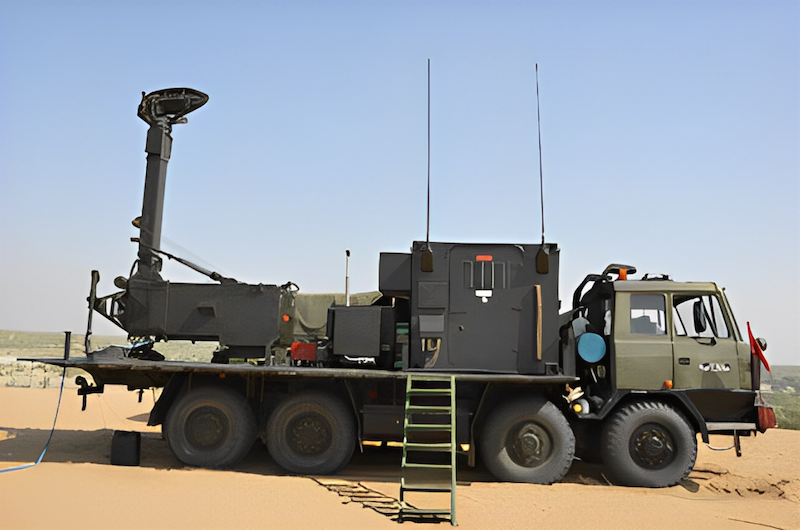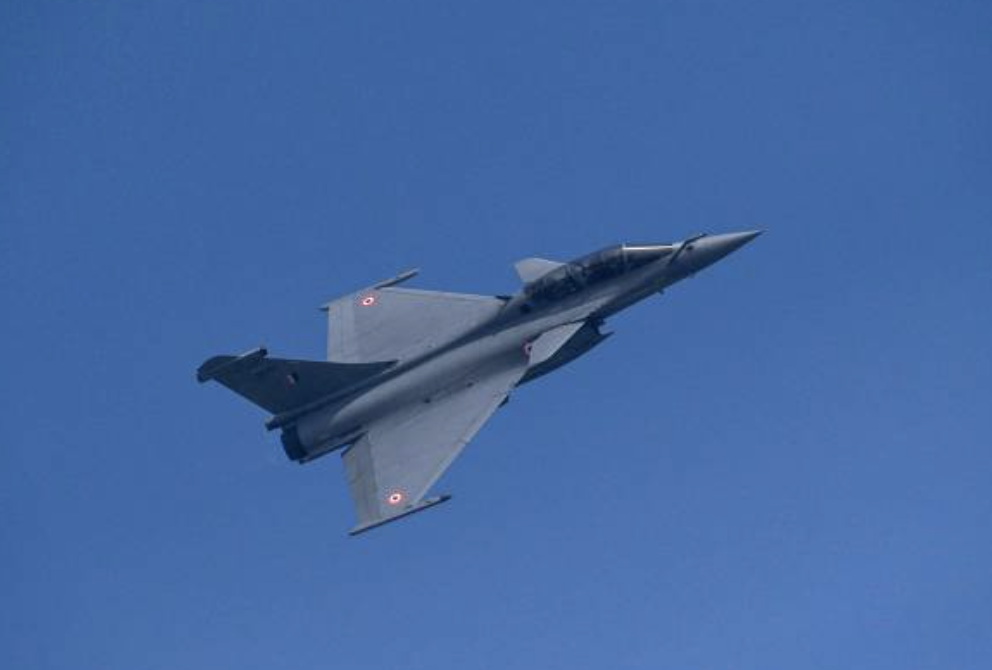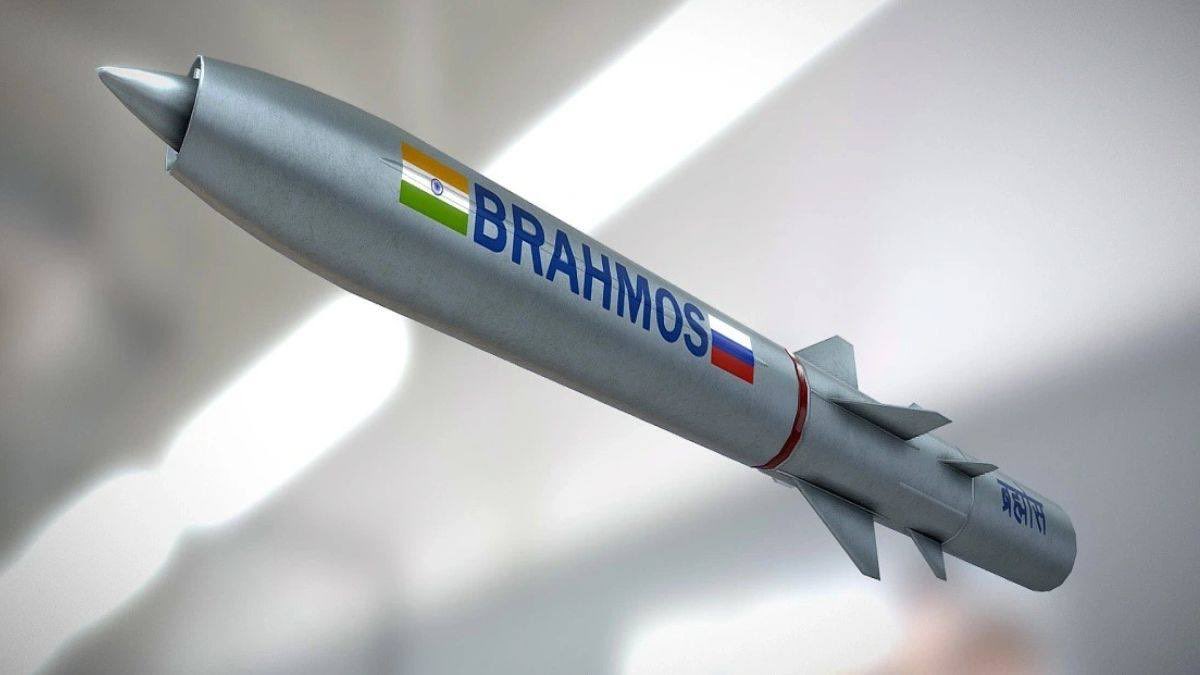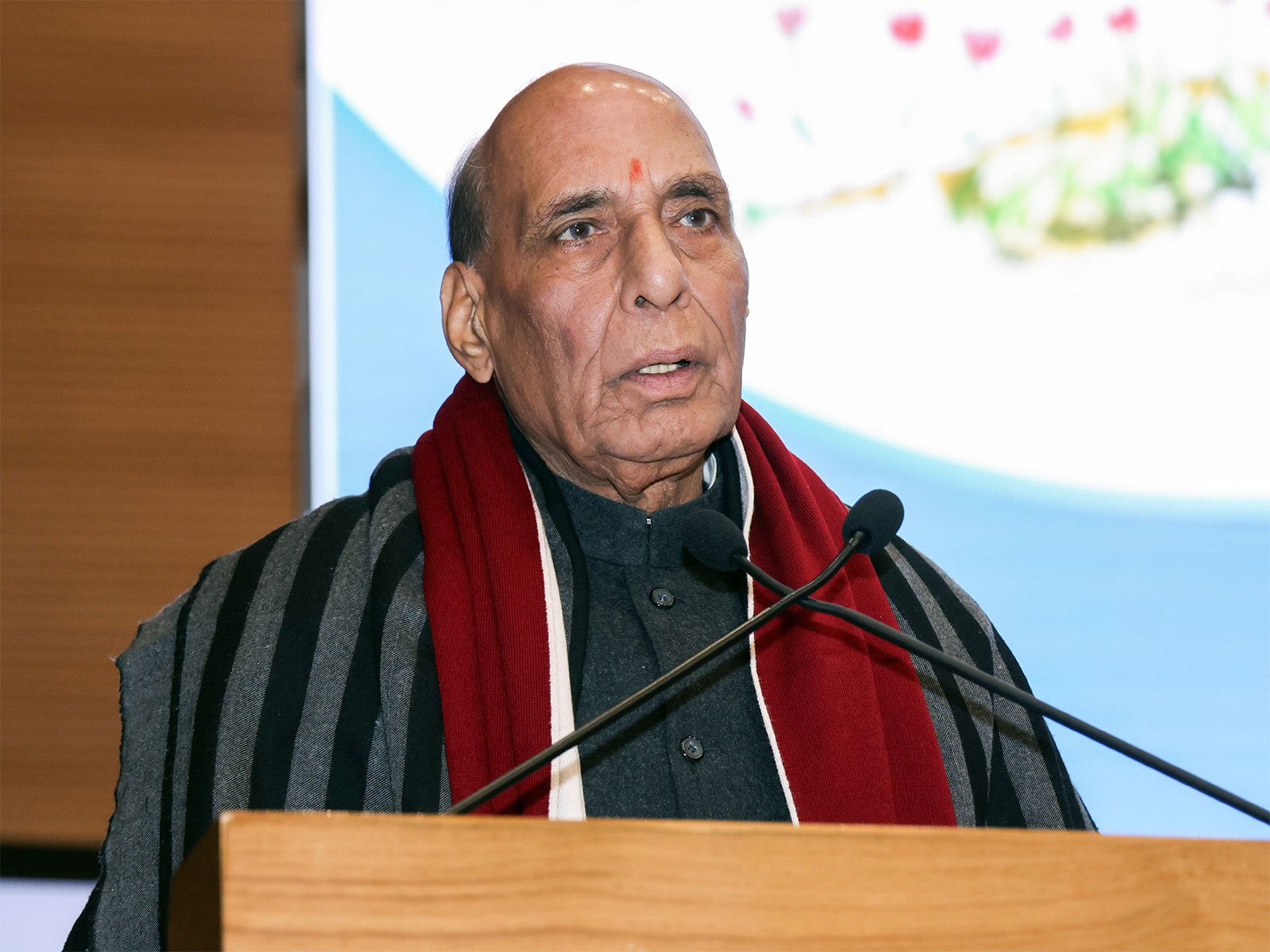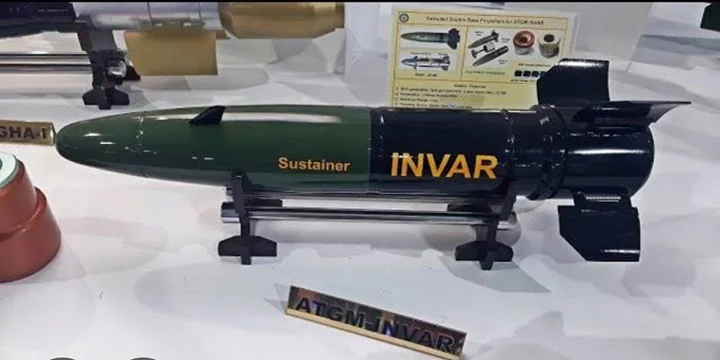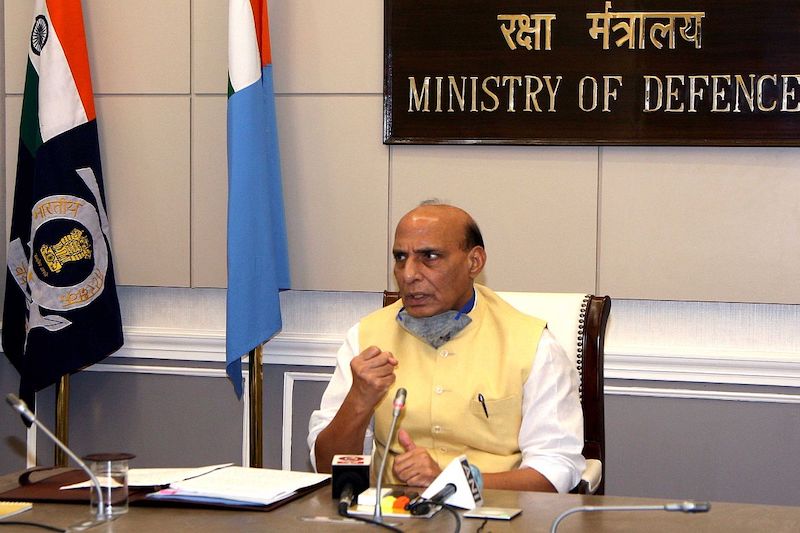 File photo of the defence minister, Rajnath Singh.
File photo of the defence minister, Rajnath Singh.
New Delhi: The defence minister-headed Defence Acquisition Council has approved 10 major capital acquisition proposals worth approximately ₹1.05 lakh crore, marking the country’s most significant indigenous defence procurement drive to date. The decision, announced on Thursday, represents a decisive shift towards self-reliance in defence manufacturing under the government’s “Atmanirbhar Bharat” initiative.
The defence minister, Rajnath Singh, who chaired the council meeting, sanctioned all proposals under the “Buy (Indian-IDDM)” category, the highest-priority classification in the country’s defence procurement hierarchy. This category mandates that equipment must be indigenously designed, developed, and manufactured, with a minimum 50% indigenous content by cost.
The approved acquisitions span critical military capabilities across land, air, and maritime domains. The package includes advanced armoured recovery vehicles designed to support battlefield operations, sophisticated electronic warfare systems to counter hostile threats, and an integrated common inventory management system that will streamline logistics across all three services.
Air-defence capabilities will receive a significant boost through the procurement of surface-to-air missiles, addressing growing concerns about aerial threats in the region. The timing of this enhancement is particularly noteworthy given the evolving security dynamics in South Asia, where multiple nations have been modernising their air forces and missile capabilities.
Naval procurement forms a substantial component of the approved package, reflecting India’s maritime security priorities in the Indo-Pacific region. The acquisitions include moored mines and mine counter-measure vessels to enhance underwater defence capabilities, super rapid gun mounts to boost naval firepower, and cutting-edge submersible autonomous vessels for reconnaissance and undersea operations.
The emphasis on autonomous underwater vehicles aligns with global trends in naval warfare, where unmanned systems are increasingly valued for their ability to operate in contested environments without risking human lives. These platforms will significantly expand India’s maritime surveillance capabilities, particularly relevant given the country’s extensive coastline and strategic sea lanes.
The “Buy (Indian-IDDM)” category represents the government’s most stringent indigenous procurement standard. Under this framework, only Indian entities owned and controlled by resident Indian citizens are eligible to participate. Vendors must own the intellectual property or design of the main equipment and possess the capability to implement future upgrades independently.
This approach contrasts sharply with the “Buy (Indian)” category, which requires 60% indigenous content but does not mandate indigenous design, and the “Buy and Make (Indian)” category, which allows foreign collaboration with 50% indigenous content for the manufacturing component. The IDDM classification ensures that both technological knowledge and manufacturing capabilities remain within India’s borders.
The procurement drive addresses several strategic objectives beyond immediate military modernization. By prioritizing indigenous design and development, the government aims to reduce India’s substantial defence import bill, which has historically made the country one of the world’s largest arms importers. This shift is expected to generate significant employment opportunities in high-technology sectors and foster innovation within India’s defence industrial ecosystem.
The decision comes as India faces complex security challenges on multiple fronts. The country’s northern borders have seen heightened tensions, while maritime security concerns in the Indian Ocean region continue to evolve. The procurement of advanced electronic warfare systems and air defence capabilities suggests recognition of the changing nature of modern warfare, where electronic and cyber domains are increasingly critical.
Industry analysts note that this procurement drive could accelerate the development of India’s defence industrial base, potentially positioning the country as a regional hub for defence manufacturing. The emphasis on indigenous intellectual property ownership ensures that India will not only manufacture equipment but also control its technological evolution and maintenance cycles.
The timing of the announcement, coming just days into July this year, suggests the government’s urgency in implementing its self-reliance agenda. The Defence Acquisition Procedure 2020 framework, which prioritizes indigenous procurement, has been instrumental in creating this policy environment.
The approved proposals are expected to have a multiplier effect on India’s economy, with the defence sector increasingly seen as a catalyst for technological innovation and industrial development. The focus on triservice platforms, like the integrated inventory-management system, reflects a maturing approach to defence procurement, emphasizing interoperability and cost-effectiveness.
However, the success of this indigenous procurement drive will ultimately depend on the Indian defence industry’s ability to deliver high-quality, technologically advanced systems within stipulated timelines. The government’s commitment to the “Buy (Indian-IDDM)” category represents both an opportunity and a challenge for domestic manufacturers to prove their capabilities on a large scale.
Experts say this ₹1.05 lakh crore investment represents more than just military modernization; it signifies India’s determination to achieve strategic autonomy in defence technology. As regional security dynamics continue to evolve, this procurement drive positions India to respond to emerging threats while building a robust domestic defence industrial base for future challenges, they observed.

